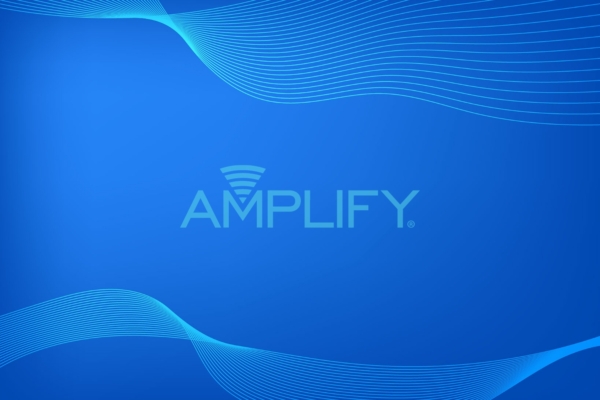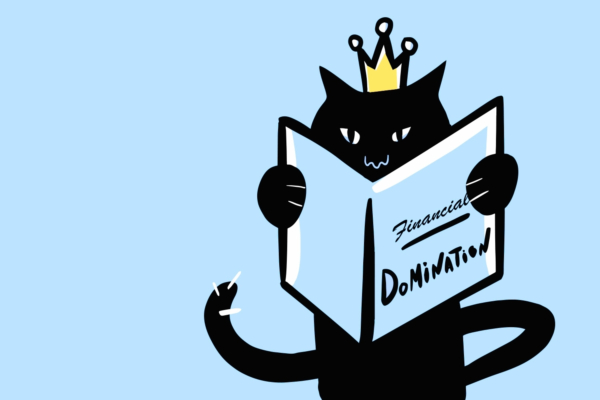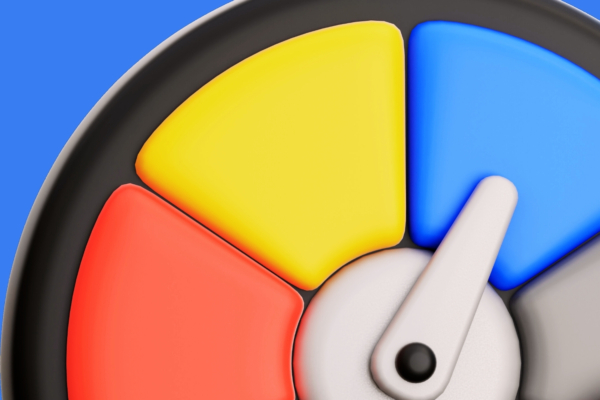
What is a Money Market Account, and How Can You Benefit?

Are you looking for a way to get the most out of your savings while still staying in control of your funds? Money market accounts are a great tool to keep in mind.
In this article, we’re covering the basics of these advantageous financial accounts to help you learn if they’re right for you and your overall financial strategy.
What is a money market account?
Money market accounts (MMAs) are a type of bank account that shares features with checking and savings accounts.
Like a checking account, money market accounts have check writing and debit card privileges. Like a savings account, these accounts are designed for customers to park their money there for longer periods of time and not use it for everyday transactions.
Leave Your Bank Fees Behind
No account fees. No overdraft fees. No bank fees at all.
Money Market Accounts vs. Checking Accounts vs. Savings Accounts
This chart breaks down how money market accounts compare to checking and savings accounts in terms of basic features and functions.
| Checking Account | Savings Account | Money Market Account | |
|---|---|---|---|
| Earned interest | Yes, but typically lower interest rates | Yes, but typically lower interest rates | Yes, but typically higher interest rates than checking and savings accounts* |
| Debit card | Yes | No | Yes* |
| Check privileges | Yes | No | *Yes |
| FDIC or NCUA insured | Yes | Yes | Yes |
| Unlimited withdrawals | Yes | No | No |
| Balance requirement | No | No | *Yes |
*Every financial institution is different. There will be different rates, terms, balance requirements, and fees. In addition, some money market features, like a debit card and check writing, may not be available at every financial institution.
Benefits of a Money Market Account
Money market accounts are best for people who want to maintain access to their savings while also maximizing the return on their investments. This type of account is considered stable and low-risk.
Money market accounts offer higher yields than regular savings accounts, giving customers the opportunity to earn more on their money. Additionally, they provide liquidity, meaning customers can easily withdraw cash funds when needed. This makes money market accounts a great option for those who want to be able to access their funds quickly or use them as an emergency fund while still maintaining a larger return than a traditional savings account.
MMAs can be perfect for continuing to generate interest on money you’re likely to need in the near future, such as tax payments, mortgage payments, or tuition.
Disadvantages of a Money Market Account
Money market accounts do have a few potential disadvantages that consumers should be aware of as well.
- Limited check and debit card withdrawals: MMAs place limits on the number of check and debit card withdrawals that account holders can make. This means that they aren’t a suitable checking account replacement for day-to-day use.
- Higher minimum deposits than savings or checking accounts: You’ll need to have more cash on hand to open an MMA than you would a checking or savings account. Financial institutions often give the best interest rates for accounts with large sums of money.
- Lower interest rates than other types of investments: While MMA rates are oftentimes better than traditional savings accounts, they are not a replacement for higher-yielding investments in your portfolio.
Knowing these drawbacks can help you determine how much, if any, of your money is best placed in a money market account.
Money Market Account FAQ
Still not sure if a money market account is right for you? Here are some questions to some of the questions we get asked the most.
Are money market accounts FDIC or NCUA insured?
Yes! Money market accounts are deposit accounts, therefore, are backed by the same FDIC or NCUA insurance that your financial institution’s checking and savings accounts are. This means that money market accounts are protected up to $250,000 per account type, per depositor.
Do money market accounts require a minimum deposit?
MMAs typically require a larger minimum deposit than savings accounts, oftentimes a number in the thousands of dollars. If you fall below that minimum, many institutions charge a monthly fee.
Are money market accounts the same as money market funds?
MMAs are not to be confused with money market funds, which are mutual market funds that buy securities. Money market funds are not insured by the NCUA or FDIC.
How many debit or check withdrawals can you make with a money market account?
Though the Federal Reserve lifted the withdrawal restrictions on MMAs in 2020, most credit unions and banks limit the checks or debit card withdrawals you can make on money market accounts to three to six per month. If you exceed that, you’ll likely receive warning notices from your bank.
What’s the difference between a money market account and a CD?
The primary difference between a money market account and a CD is the liquidity of the funds. Money market accounts offer easier access to funds than CDs, meaning customers can withdraw their money anytime. CDs can charge an early withdrawal fee if the customer wishes to access their funds before the end of their term.
Do money market accounts have a maturity term?
No. Unlike a CD or bond, a money market account doesn’t have a maturity date. You can deposit, withdraw, or close the account at any time.
What other types of accounts have the same benefits as money market accounts?
Today, several types of accounts offer many of the same benefits as MMAs, like high-yield savings and high-yield checking accounts. Always do your research to compare benefits and rates before committing to an investment.
Finding the Right Solution for You
Money market accounts can be a great solution for people hoping to make the most out of their savings while keeping it liquid. These accounts often offer greater returns than other types of deposit accounts, all while ensuring it’s still easy to access when you need it. A money market account is just one way to maximize returns in your overall financial portfolio.


